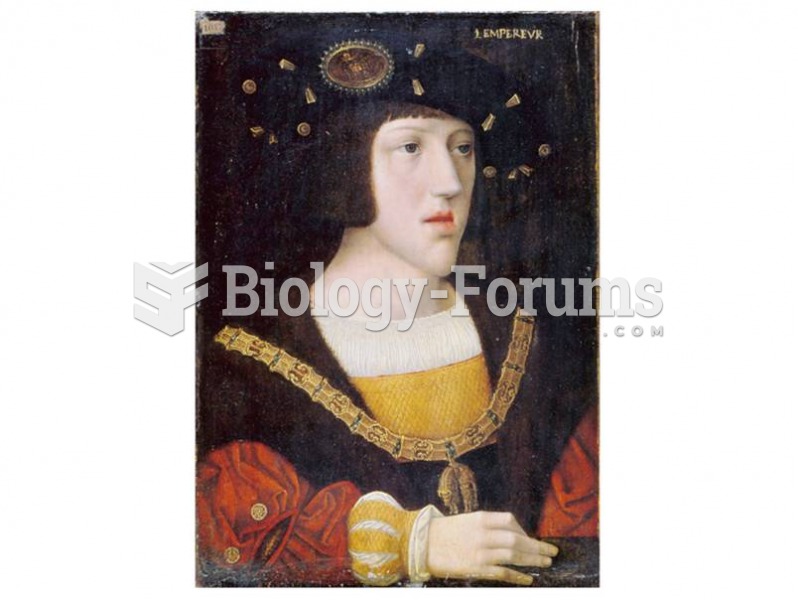|
|
|
Looking at the sun may not only cause headache and distort your vision temporarily, but it can also cause permanent eye damage. Any exposure to sunlight adds to the cumulative effects of ultraviolet (UV) radiation on your eyes. UV exposure has been linked to eye disorders such as macular degeneration, solar retinitis, and corneal dystrophies.
As many as 20% of Americans have been infected by the fungus known as Histoplasmosis. While most people are asymptomatic or only have slight symptoms, infection can progress to a rapid and potentially fatal superinfection.
When taking monoamine oxidase inhibitors, people should avoid a variety of foods, which include alcoholic beverages, bean curd, broad (fava) bean pods, cheese, fish, ginseng, protein extracts, meat, sauerkraut, shrimp paste, soups, and yeast.
About 80% of major fungal systemic infections are due to Candida albicans. Another form, Candida peritonitis, occurs most often in postoperative patients. A rare disease, Candida meningitis, may follow leukemia, kidney transplant, other immunosuppressed factors, or when suffering from Candida septicemia.
More than 150,000 Americans killed by cardiovascular disease are younger than the age of 65 years.
 King Charles V, Holy Roman Emperor and ruler of Spain from 1516-1556, possessed the distinctive Habs
King Charles V, Holy Roman Emperor and ruler of Spain from 1516-1556, possessed the distinctive Habs
 Should we restore YellowstoneNationalPark, as our flagship National Park, to include the natural ...
Should we restore YellowstoneNationalPark, as our flagship National Park, to include the natural ...





